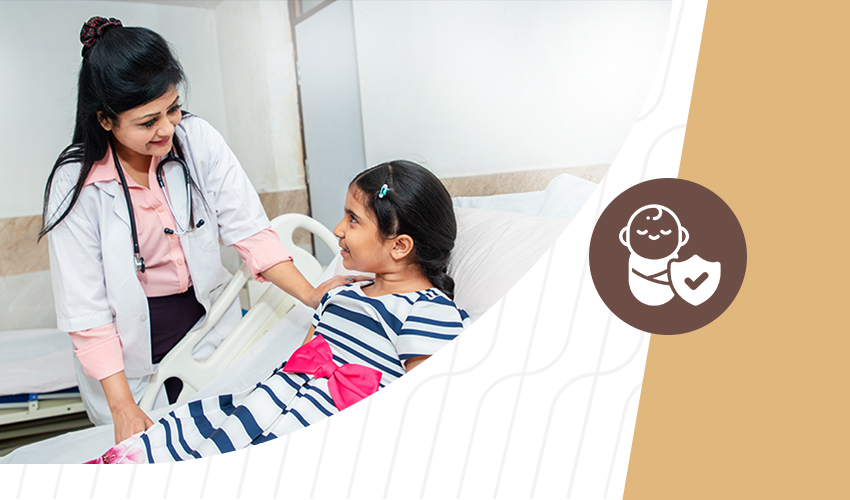- Our Doctors
- Our Specialities
Super Speciality
-
 Clinical Laboratory and Pathology
Clinical Laboratory and Pathology
-
 Clinical Nutrition and Dietetics
Clinical Nutrition and Dietetics
-
 Critical Care
Critical Care
-
 Dental and Maxillofacial Surgery
Dental and Maxillofacial Surgery
-
 Dermatology
Dermatology
-
 Ear, Nose and Throat (ENT)
Ear, Nose and Throat (ENT)
-
 Emergency and Trauma
Emergency and Trauma
-
 Endocrinology and Metabolic Disease
Endocrinology and Metabolic Disease
-
 Family Medicine
Family Medicine
-
 General and Laparoscopic Surgery
General and Laparoscopic Surgery
-
 General Medicine
General Medicine
-
 Heart and Lung Transplant
Heart and Lung Transplant
-
- Key Procedures
- Our Hospitals
- International Patient
- Royal Suite
-
Quick Links



Meet Our Doctors
Experienced Medical professionals for a superior patient experience.
Why Choose Us
Lorem ipsum dolor sit amet consectetur adipisicing elit.
Lorem ipsum dolor, sit amet consectetur adipisicing elit. Velit, expedita. Illum saepe, ducimus dolor ut aliquid debitis temporibus! Enim deleniti id laudantium quidem corrupti voluptatem repellat, aperiam nobis modi aliquam.

Experienced Cardiologists

Personalized Patient Care

State-of-the-Art Facilities

Fast Recovery Times
Frequently Asked Questions
Can I meet a pediatrician before my baby is born?
Yes, in fact we strongly encourage expecting parents to visit our office for a pre-natal appointment. This is a great way to get acquainted with our office and our doctors. During this visit, we will answer any questions that you have about our practice or your new child.
How often should my child see the pediatrician?
Your child should not only see the pediatrician for an illness. It is also important to schedule well-child-care exams regularly, beginning in infancy. Also called well-care visits or check-ups, these routine examinations provide the best opportunity for the doctor to observe the progress of your child’s physical and mental growth and development, to counsel and teach parents, to detect problems through screening tests; to provide immunizations, and to get to know one another. Well-care visits are strongly recommended as part of preventive pediatric care.
Is my child’s heavy breathing while sleeping dangerous?
Breathing heavily while asleep could be caused by several factors such as the common cold or allergic rhinitis, although tonsillitis, adenoid hypertrophy, and other sleep-related issues could also play a part. Parents are therefore encouraged to bring their child to a doctor so that an accurate diagnosis and subsequent treatment can be provided as necessary.




























































